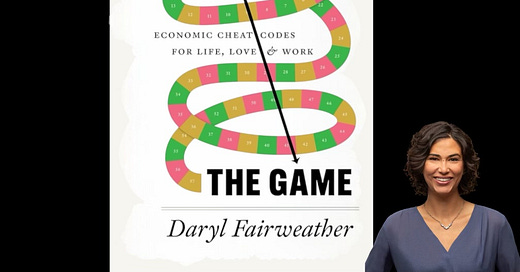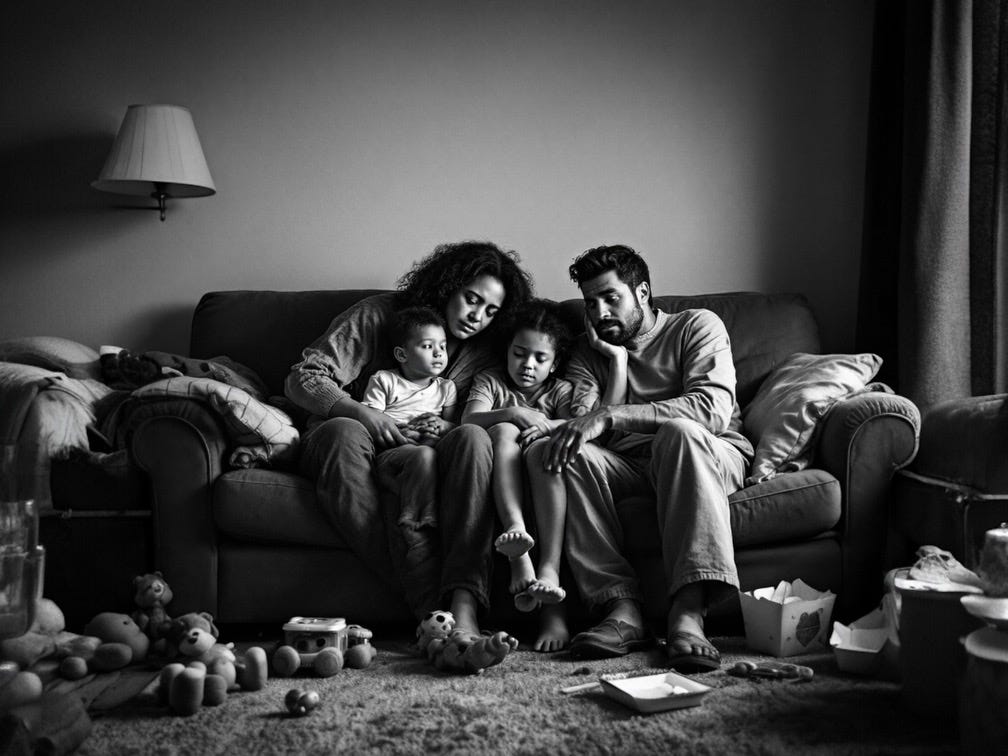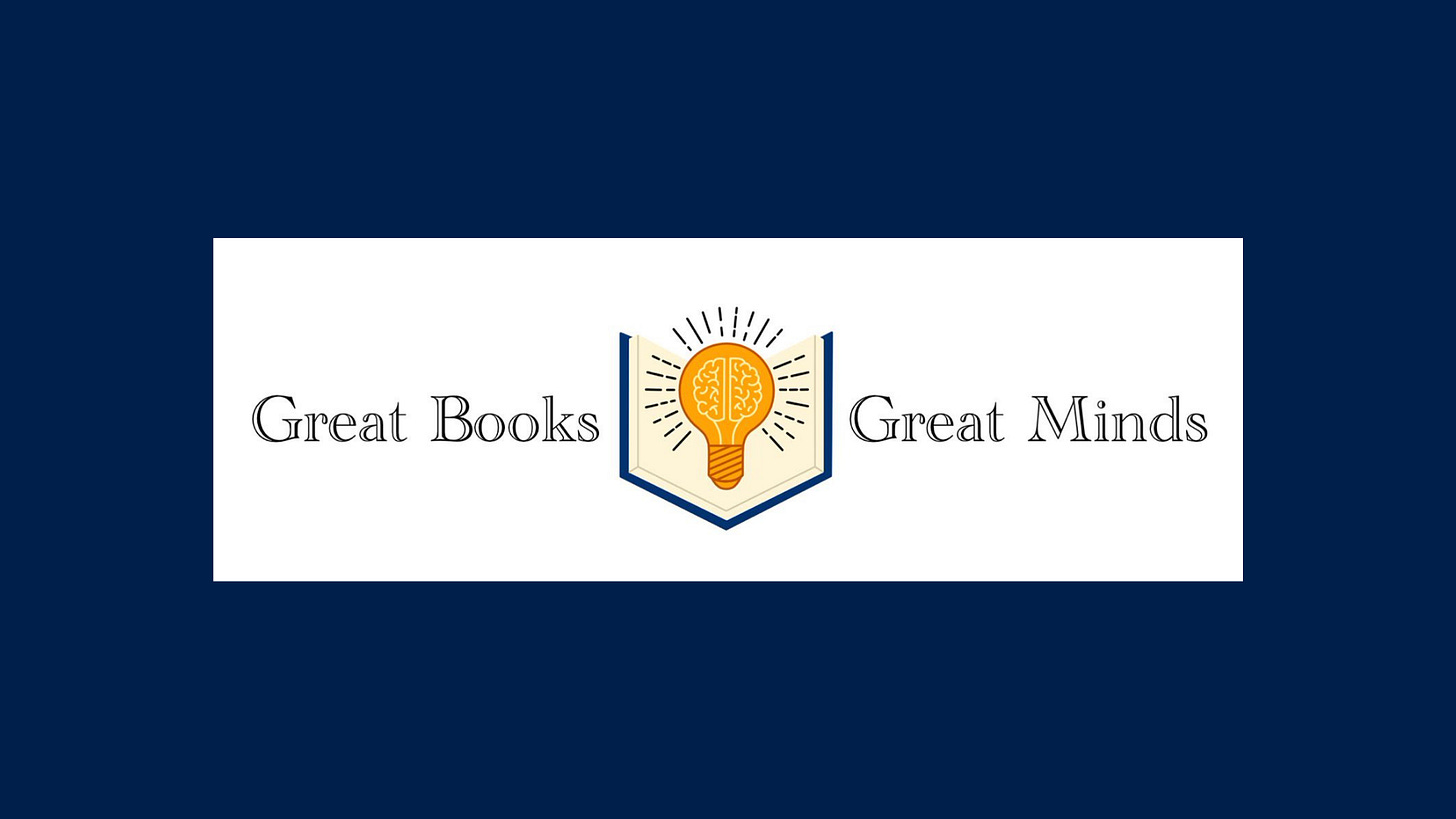As America finds itself mired in economic uncertainty and social upheaval, “Hate the Game: Economic Cheat Codes for Life, Love, and Work” by Daryl Fairweather (University of Chicago Press, April 11, 2025, Available for pre-order) emerges as an urgent and indispensable guide for successfully navigating through the times we’re in.
At a time where many are facing layoffs, rising rents, and ballooning student debt, this book is both a manual for survival and a roadmap to reclaim agency in an increasingly volatile economy.
Fairweather, chief economist at Redfin and the first Black woman to earn a PhD in economics from the University of Chicago, weaves together game theory, behavioral economics, and her own experiences to create a fresh, pragmatic approach to life’s most pressing decisions.
This book feels like having an elite economist sit down with you over coffee to demystify the rules of the game while equipping you with cheat codes to win it.
Fairweather’s thesis is simple yet profound: economic decisions are unavoidable, but they don’t have to be overwhelming or terminal. Instead, they are strategic moves in a game that, while rigged in many ways, can still be played with skill and intention.
What struck me most as I devoured Hate the Game was Fairweather’s refusal to sugarcoat reality.
She doesn’t shy away from the systemic inequalities baked into our economic system—inequalities that disproportionately impact women, people of color, and those without generational wealth. Yet her perspective is not one of defeat. Instead, she offers actionable strategies to navigate this rigged system with clarity, confidence, and courage.
Take her insights on renting versus buying a home—a decision fraught with emotional, financial, and cultural baggage.
Fairweather cuts through the noise, urging readers to think beyond the “American Dream” narrative and instead weigh their unique circumstances. Is this house an asset or a liability? What are the opportunity costs of locking up capital in real estate?
Image Produced With PhotoRoom
Her advice is rooted in game theory, challenging readers to see economic decisions not as one-off choices but as moves in a broader strategy to maximize freedom and opportunity.
One of the book’s most compelling chapters delves into the workplace—a battlefield where power dynamics, implicit biases, and economic pressures collide. Fairweather doesn’t just tell you to “lean in”; she gives you the tools to ask for a raise with data-backed confidence, anticipate the economic risks of pregnancy in the workplace, and determine when it’s time to quit a toxic job.
Her personal anecdotes, including her own struggles as a Black woman economist navigating predominantly white and male spaces, lend authenticity and weight to her advice.
Fairweather’s ability to connect economics to everyday anxieties—Should I have kids? Should I relocate? Is this job worth my time?—is where Hate the Game truly shines.
She uses lessons from pop culture, history, and even her own missteps to drive home her points. In one particularly memorable section, she likens the process of negotiating a salary to playing poker: knowing when to hold, when to fold, and when to walk away.
What makes this book even more timely is its resonance with the current moment of upheaval. With the cost of living rising and job security eroding, many Americans feel trapped in a lose-lose economy.
Fairweather acknowledges this but insists on the power of individual agency within these constraints. Her message isn’t “just work harder” or “pull yourself up by your bootstraps.” Instead, it’s about playing smarter—using economic principles to tilt the odds in your favor while acknowledging the larger systems at play.
As someone who has spent much of my life grappling with the interplay between economic forces and personal freedom, I found Hate the Game both sobering and empowering.
It’s not just a book about economics; it’s a manifesto for reclaiming agency in a world that often feels out of control. Fairweather doesn’t promise easy answers, but she provides a toolkit to navigate the chaos with clarity and purpose.
For readers like me, who are keenly aware of the systemic challenges yet refuse to let them dictate our lives, this book is a revelation. It validates the complexity of our experiences while offering practical solutions.
Moreover, it challenges the status quo while equipping us to survive within it. And perhaps most importantly, it inspires us to imagine a future where we’re not just pawns in someone else’s game but players with agency, strategy, and the tools to thrive.
Hate the Game is more than a book—it’s a lifeline. Whether you’re a young professional trying to negotiate your first salary, a parent deciding where to live, or a mid-career worker contemplating a major pivot, Fairweather’s insights are indispensable. At a time when so many feel lost in the shuffle of economic transition, her voice is a beacon of hope and a call to action.
When this book is officially released, don’t just casually stroll through this book. Study it. Dog-ear its pages. Share it with your friends and family. Because if there’s one thing Fairweather makes clear, it’s this: the game is rigged, but that doesn’t mean you can’t win.
Join us today as a paid member supporter. Or feel free to tip me some coffeehouse love here if you feel so inclined.
Your contributions are appreciated!
Every bit counts as I strive to deliver high quality feature articles into your inbox on a regular basis. Never any paywalls, just the opportunity to foster community, connection, and conversation one book at a time.







Thank you! This is quite a find. I will check it out.
Well done, Diamond-Michael. Thanks for this.